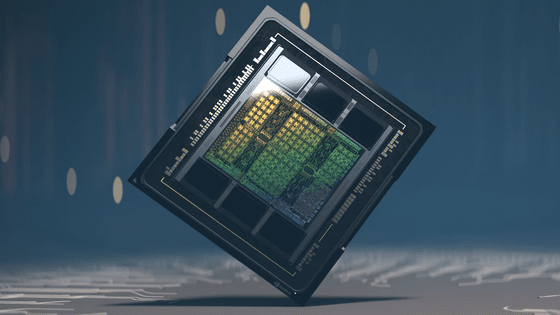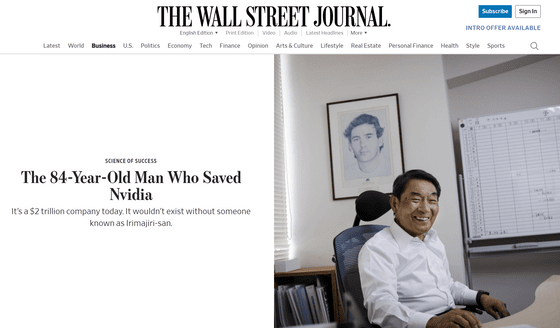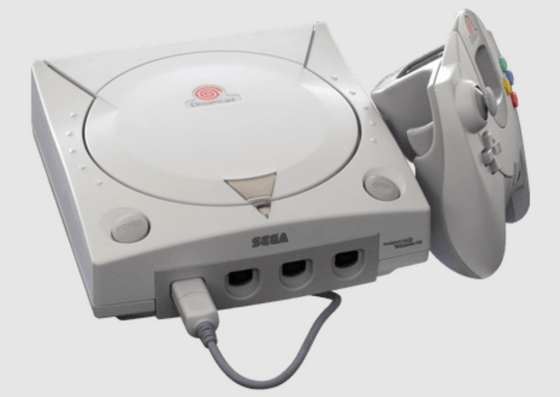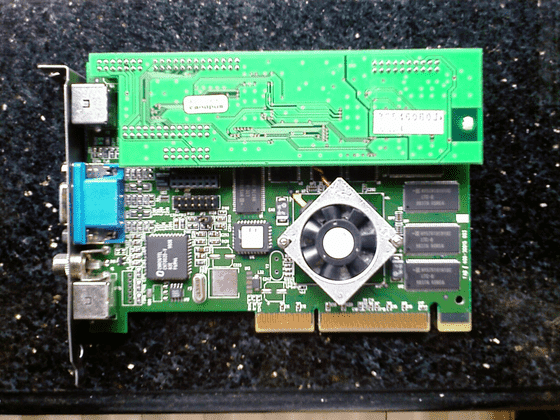Who was Akio Iriguchi, the Japanese man who once saved NVIDIA?

According to financial statements released in February 2024, NVIDIA's annual sales are $60 billion (approximately 9.35 trillion yen) and it is a huge company with a market capitalization of over $2 trillion (approximately 312 trillion yen). However, even such NVIDIA was a poor company immediately after its founding, and it has a history of being saved by a Japanese man named Akio Iriguchi, The Wall Street Journal reported.
The 84-Year-Old Man Who Saved Nvidia - WSJ

Akio Irimajiri - Wikipedia
https://ja.wikipedia.org/wiki/%E5%85%A5%E4%BA%A4%E6%98%AD%E4%B8%80%E9%83%8E
After graduating from university, Irimajiri joined Honda Motor Co., Ltd., where he designed engines for racing bikes and F1 cars. He rose through the ranks at an exceptionally fast pace, becoming a director at the company's headquarters at the age of 39 in 1979, and in 1984 he moved to the United States to oversee the manufacturing division.
Irimajiri returned to Japan four years later in 1988 and served as senior managing director and vice president, but suddenly resigned as vice president in 1992 due to stress and health reasons. He left Honda in April 1993 and became vice president of Sega in June 1993. In 1996, he was promoted to chairman and CEO of Sega's American operations.
As Sony's PlayStation gained phenomenal popularity, Sega needed to create a hit product, so they started developing the Dreamcast . NVIDIA, which had just been founded in 1993 by Jen-Hsun Huang and two friends, was selected to develop the GPU for the Dreamcast.

At the time, Huang was not yet wearing his distinctive leather jacket and was not as well known as he is now, but he had the same confident demeanor, and Irimajiri said of Huang, 'He had a very, very strong sense of confidence.'
At the time, games were evolving from 2D to 3D graphics, and many companies were developing rendering techniques. While many were pursuing triangle-based techniques, NVIDIA took an unconventional approach to 3D graphics by using quadrilaterals. However, it quickly became clear that NVIDIA's approach was wrong.
NVIDIA had been working on the Sega project for a year, but Huang realized that while completing the project would bring in some money, it would leave the company so far behind its competitors that it would be unable to keep up, and so it would have to be abandoned.
When Irimajiri visited NVIDIA's office and told them that they would be using a third-party GPU in the Dreamcast, Huang feared that they would lose their funding. But by that time, Irimajiri had gotten to know Huang well, and despite the failure, Irimajiri still believed in him. 'I wanted to make NVIDIA successful somehow,' Irimajiri said.
Normally, NVIDIA would be considered an unstable startup that couldn't fulfill its contract, but Irimajiri persuaded Sega's management that 'Sega should invest in NVIDIA.' As a result of the negotiations, Irimajiri succeeded in securing an additional investment of $5 million (about 780 million yen) in NVIDIA.
NVIDIA used the funds from Sega to develop a new chip, and succeeded in developing

Irimajiri was promoted to president of Sega in 1998, but resigned in 2000 after taking responsibility for three consecutive years of losses due to poor sales of the Dreamcast. It was after his resignation that Irimajiri's decision to invest in NVIDIA paid off, and Sega was ultimately successful in selling its NVIDIA shares for $15 million (approximately 2.3 billion yen).
After resigning from Sega, Irimajiri ran his own consulting business. He had no contact with Huang, but when he was asked to hold a seminar on AI in 2017, he tracked down Huang's email address and contacted him for the first time in 20 years to request a lecture by 'Huang or someone from NVIDIA.'
Irimajiri had not expected a reply, but Huang readily agreed, saying, 'It's wonderful and gratifying to hear from you,' and, with an attitude that it was only natural to repay the debt, continued, 'I'm glad I could be of help to you.'

Related Posts:
in Note, Posted by log1d_ts







